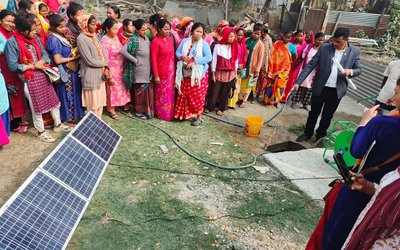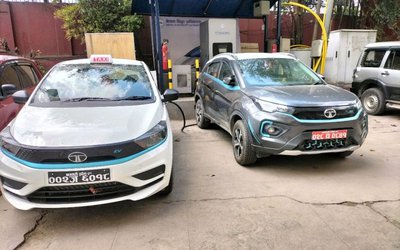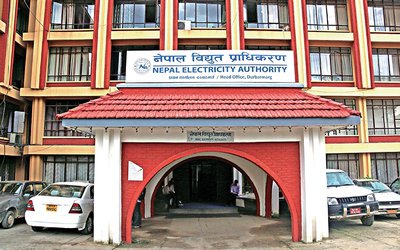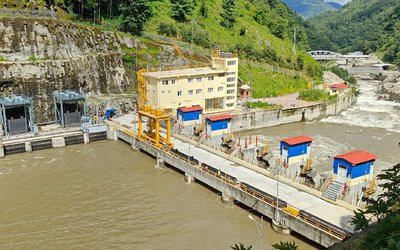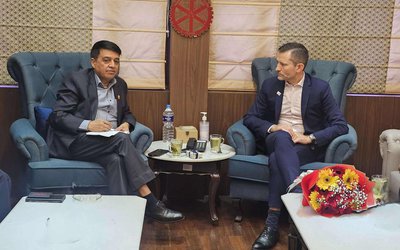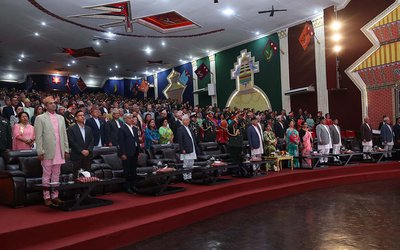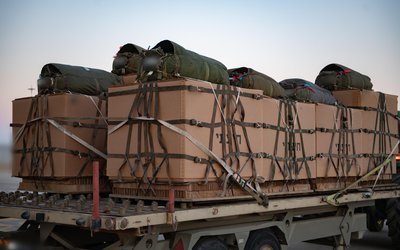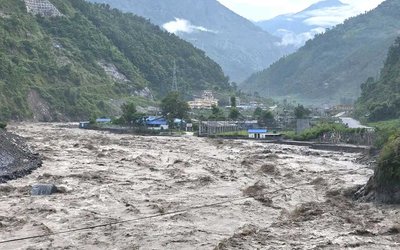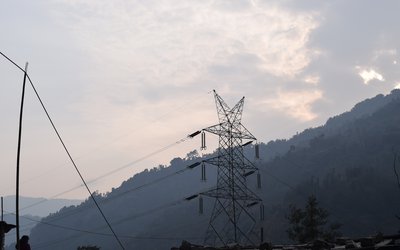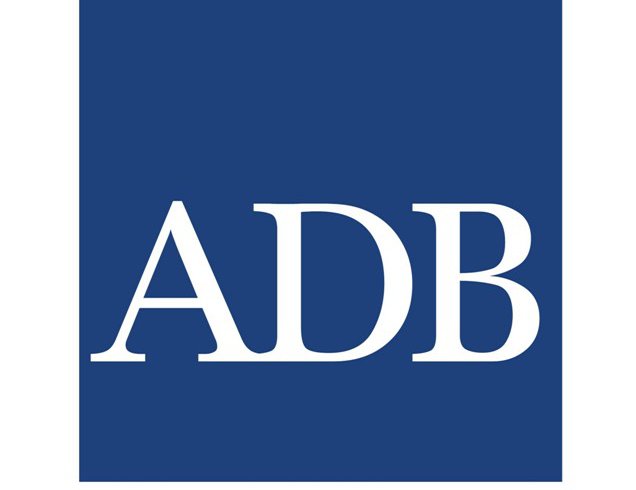
The Asian Development Bank (ADB) today unveiled its new Country Partnership Strategy (CPS) for Nepal for 2025–2029, setting a comprehensive agenda to support the country’s inclusive, resilient, green, and employment-intensive economic growth.
The strategy focuses on three strategic priorities: private sector–led, employment-intensive, green economic transformation; inclusive and quality human capital development and public services; and environmental sustainability and climate resilience.
“As Nepal advances toward graduating from least developed country status, the CPS will support the country’s transition to a more sustainable and inclusive growth model,” said ADB Country Director for Nepal Arnaud Cauchois. “This model prioritizes productivity gains and job creation through domestic private investment and foreign direct investment, improved access to quality infrastructure, skills development, deeper integration with regional and global value chains and exports, while also strengthening resilience to disasters and climate change.”
The CPS is aligned with Nepal’s 16th Five-Year Plan, which seeks to promote good governance, social justice, and shared prosperity, and the government’s Green, Resilient, and Inclusive Development (GRID) approach, which focuses on integrating environmental sustainability, climate resilience and social inclusion into development efforts. The strategy incorporates cross-cutting themes such as digital development, good governance, and capacity building for federalism, and empowerment of women and disadvantaged and vulnerable groups to ensure that development benefits reach all segments of society.
To maximize impact, ADB will ensure selectivity, integration, and synergies in its support by focusing on the primary objectives of private sector-led growth, youth employment, and resilience. Given the dynamic country context and global uncertainties, ADB’s country program will remain flexible. ADB’s investments will be delivered through investment projects, policy-lending, and sector development programs that combine policy reforms, institutional strengthening and investments.
The CPS was prepared through a joint strategic approach with the World Bank Group country partnership framework which creates opportunities for continuous deep collaborations between the two organizations. ADB and the World Bank Group—together accounting for around 70% of Nepal’s development financing—have been increasing collaboration through joint policy dialogues, portfolio reviews, knowledge sharing, and potential co-financing of projects, under the 2025 Full Mutual Reliance Framework.
A low-risk Group A developing member, Nepal will be eligible to access concessional ordinary capital resources (COL) and ADB expects to mobilize about $2.3 billion (COL) between 2025 and 2029 and selective grants from the Asian Development Fund 14 which are allocated on a project basis for specific thematic priorities. Commitment of these funds is guided by government priorities, project readiness, and the country's performance.
ADB will also support the mobilization of additional resources through cofinancing, innovative financing solutions, exploring mobilization of funds from green bonds and the issuance of thematic and local currency bonds (such as Nepalese rupee-linked bonds) to international investors.
ADB is a leading multilateral development bank supporting inclusive, resilient, and sustainable growth across Asia and the Pacific. Working with its members and partners to solve complex challenges together, ADB harnesses innovative financial tools and strategic partnerships to transform lives, build quality infrastructure, and safeguard our planet. Founded in 1966, ADB is owned by 69 members—50 from the region.
- Welfare Fund Contributes to Social Development: Prime Minister Oli
- Jul 31, 2025
- Bhotekoshi Flash Flood: Road Erosion, Damage to Hydropower
- Jul 31, 2025
- Weather Forecast: Generally Cloudy Across The Country Possibility Of Rain In Lumbini And Sudurpaschim Provinces
- Jul 31, 2025
- Nepal Investment Mega Bank Limited Launches 'Instant EMI' Facility For the First Time in Nepal
- Jul 30, 2025
- GIZ 50 Years Partnership: Energizing Nepal’s Energy Sector
- Jul 30, 2025

